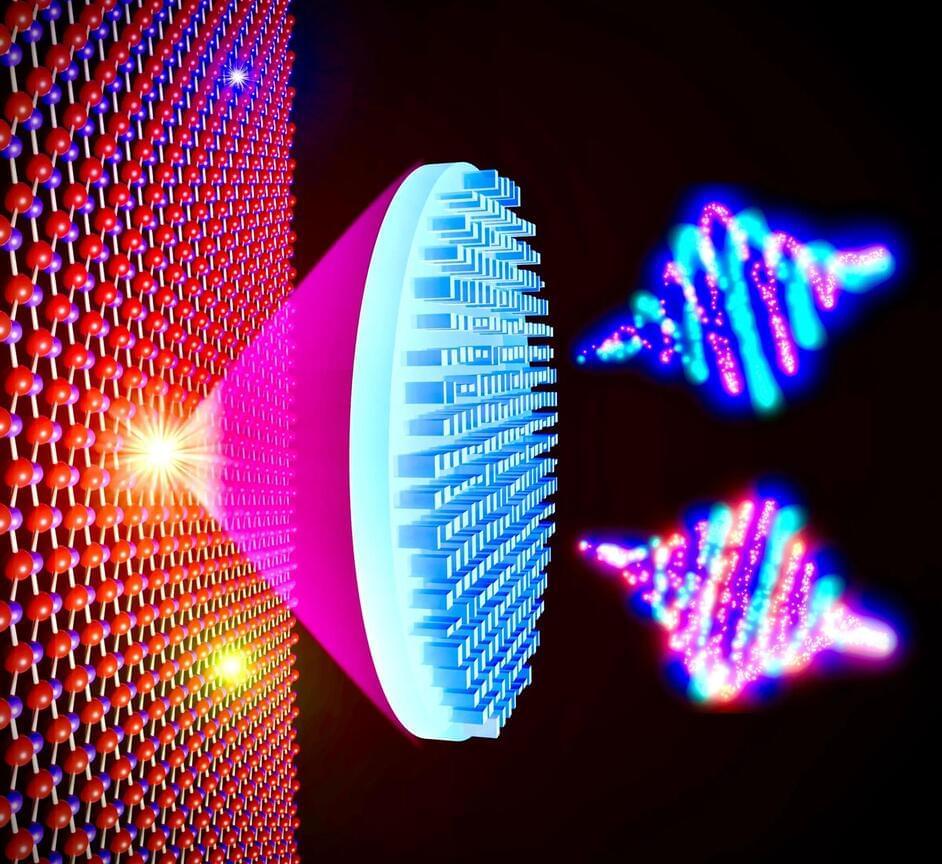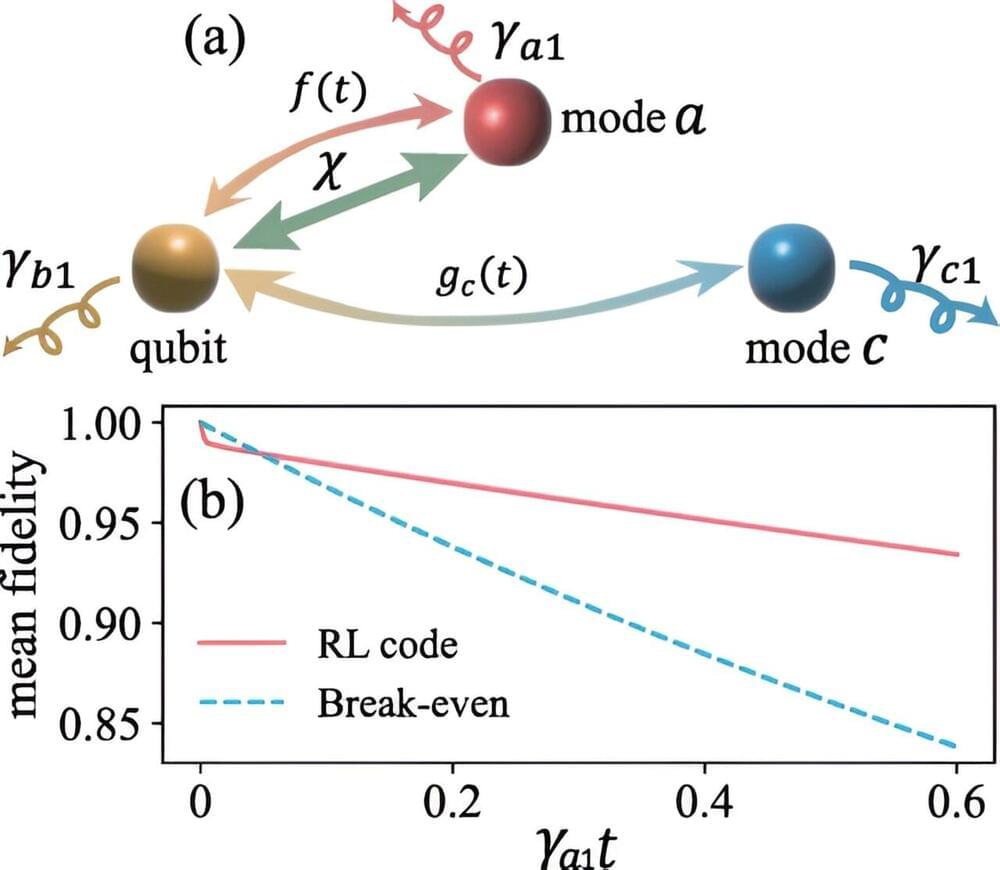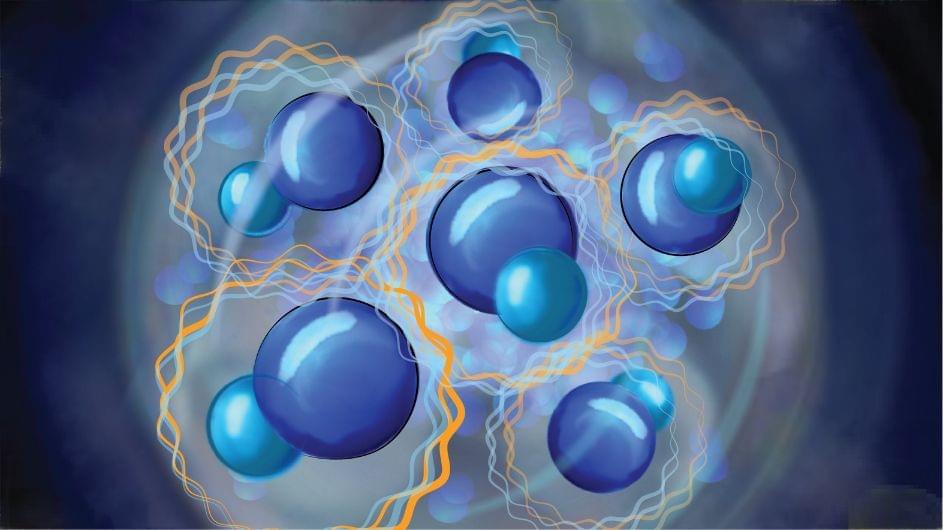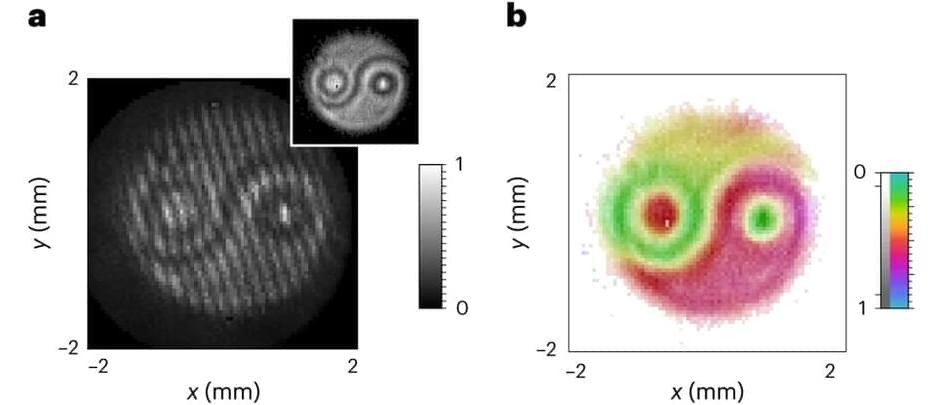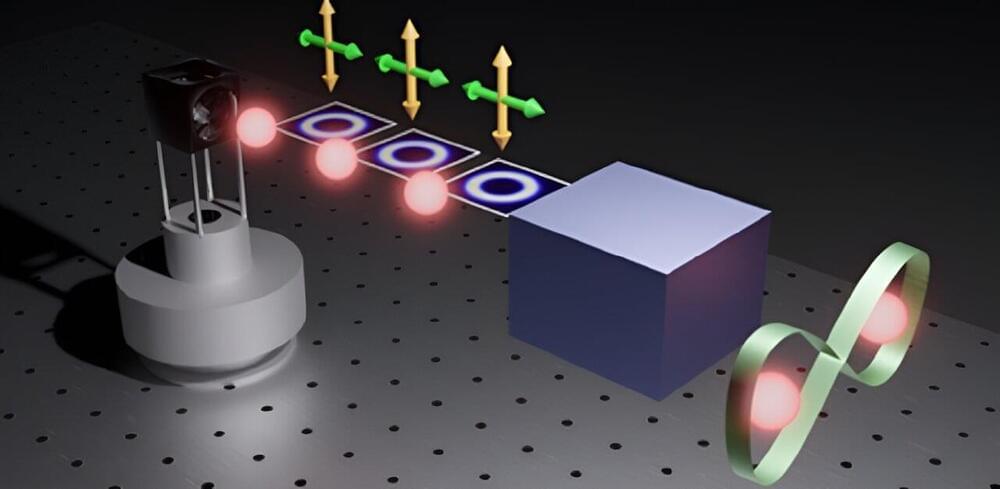Sep 9, 2023
Harnessing the Void: MIT Controls Quantum Randomness For the First Time
Posted by Joseph Barney in categories: computing, education, engineering, quantum physics
Are you down with MIT, yeah you know me! Who’s down with MIT? Every last homie! Haha seriously though, that’s genius to figure out this stuff.
Groundbreaking study demonstrates control over quantum fluctuations, unlocking potential for probabilistic computing and ultra-precise field sensing.
A team of researchers from the Massachusetts Institute of Technology (MIT
Continue reading “Harnessing the Void: MIT Controls Quantum Randomness For the First Time” »

